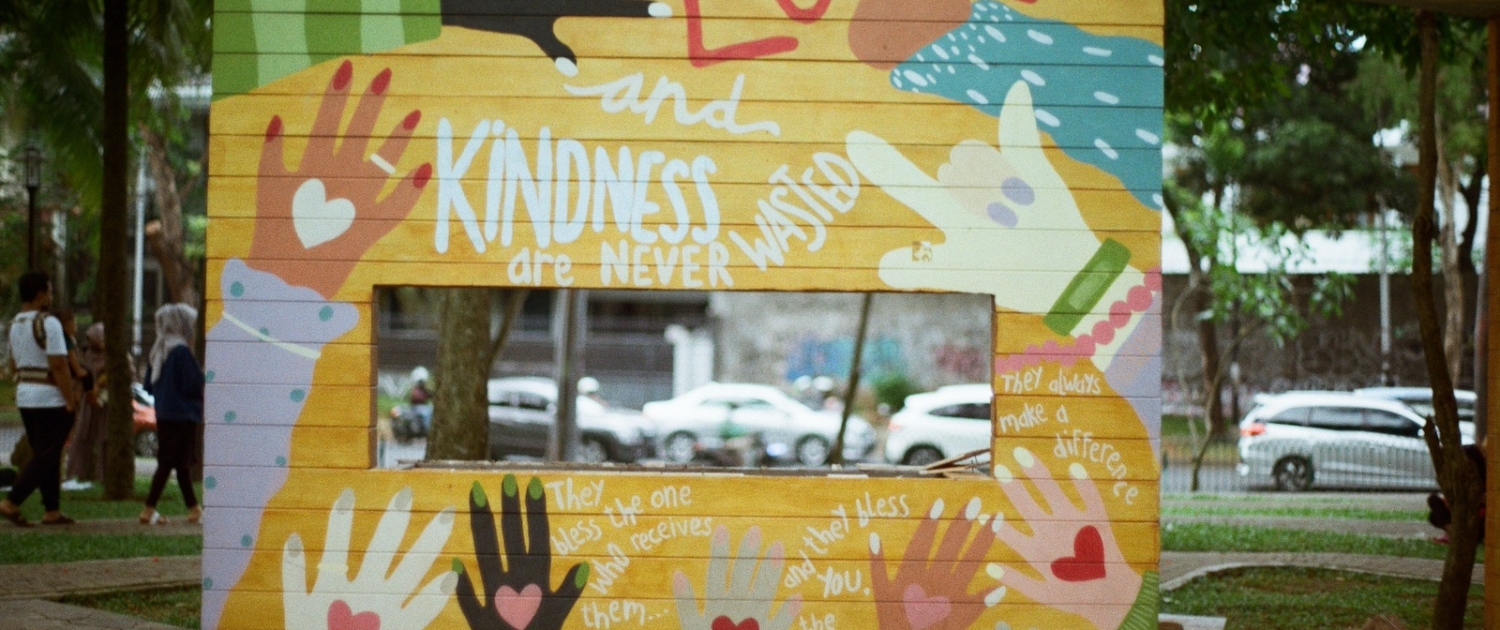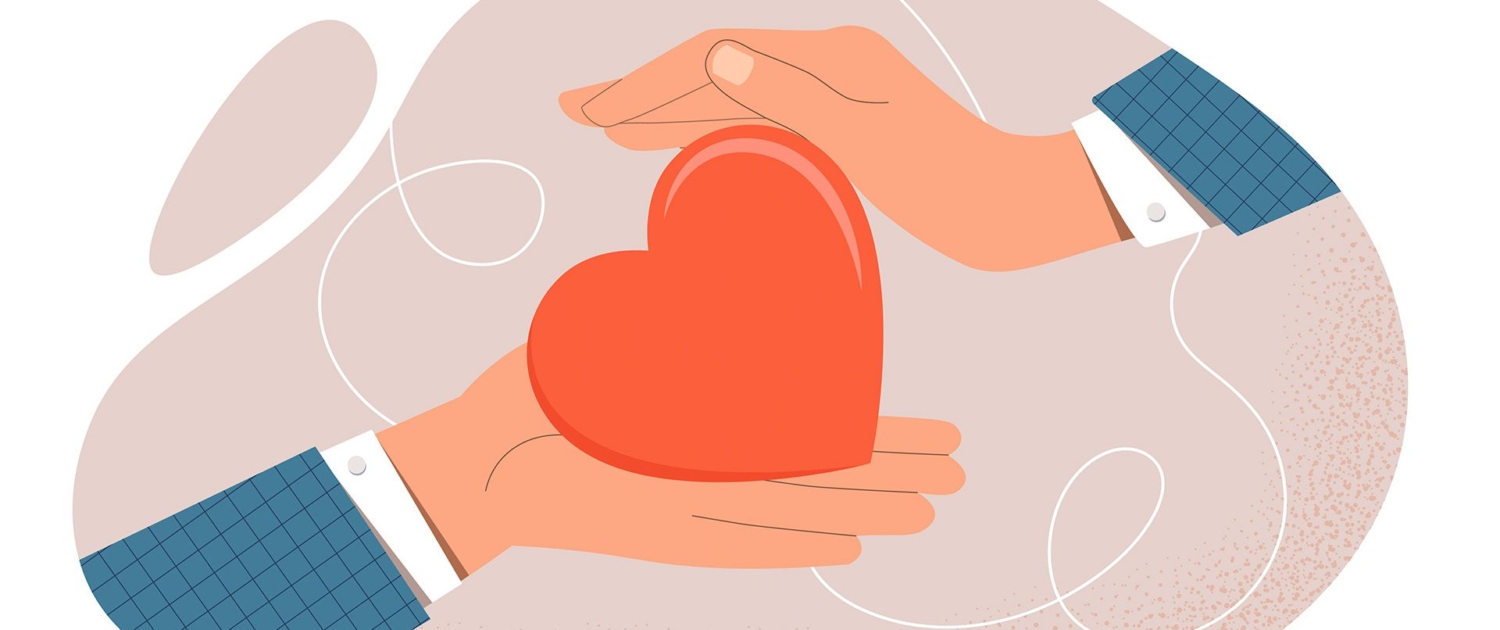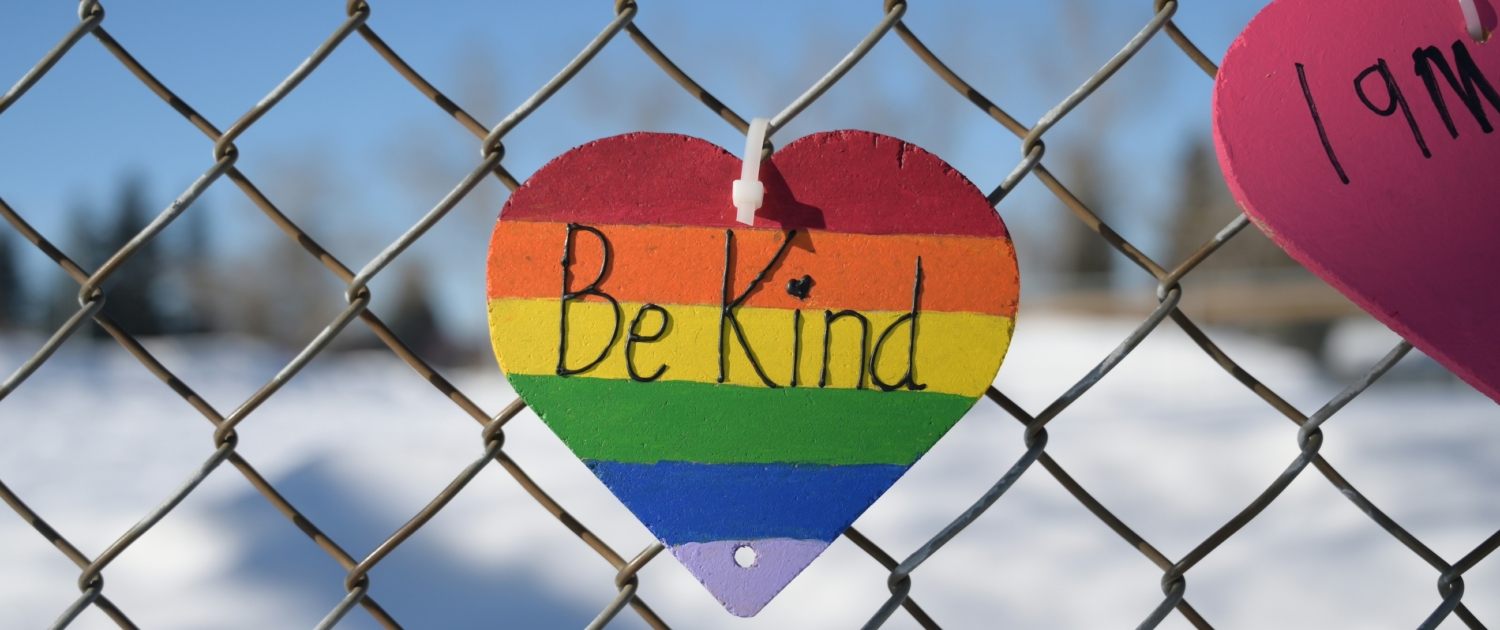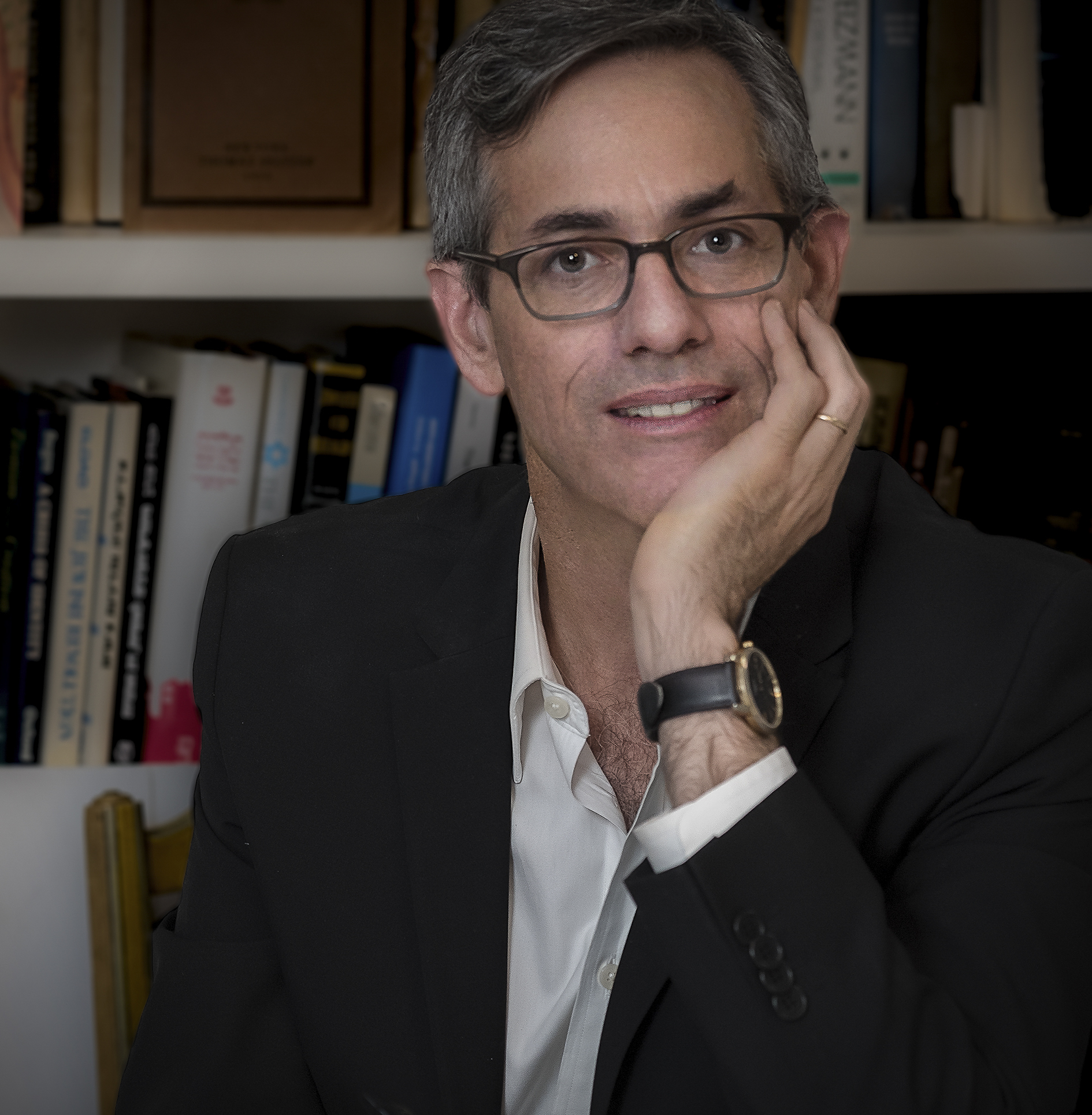Welcome to the Bedari Kindness Institute (BKI) website. I’d like to thank my distinguished predecessor, Professor Daniel Fessler, for serving as the inaugural director of BKI and creating a foundation of research upon which to build. The underlying rationale for an institute to study kindness has never been clearer, given the harshness and often brutality of political language and action in our country and around the world. Everyday encounters often bear the traces of the ever-present culture of vilification in the media, and especially social media.
As the new director of BKI, I’m daunted by the manifold challenges of the hour but also redoubled in my commitment to understand how kindness works and can be implemented and amplified widely in society. Our task at BKI will be facilitated by the synergies afforded by the UCLA Initiative to Study Hate and the UCLA Dialogue across Difference Initiative, which now dwell under the BKI roof. We are excited by the prospect that studying kindness and kind in integrated fashion will be cross-fertilizing and yield rich results. And we hold to the belief that honest, passionate and compassionate dialogue can be an effective conduit for kindness. In that regard, we welcome you to join in our public events series, “Compassionate Conversations.” You can view our inaugural event featuring Dr. Yasmeen abu Fraiha here. And please look at our schedule of upcoming events here.
BKI will be announcing new research opportunities in the coming months, so members of the UCLA community should stay tuned. In the meantime, please do not hesitate to be in touch with me (myers@history.ucla.edu) or BKI Deputy Director Maia Ferdman (mferdman@college.ucla.edu).
Kindly,
David N. Myers
Director, Bedari Kindness Institute
Distinguished Professor and Sady and Ludwig Kahn Chair in Jewish History





